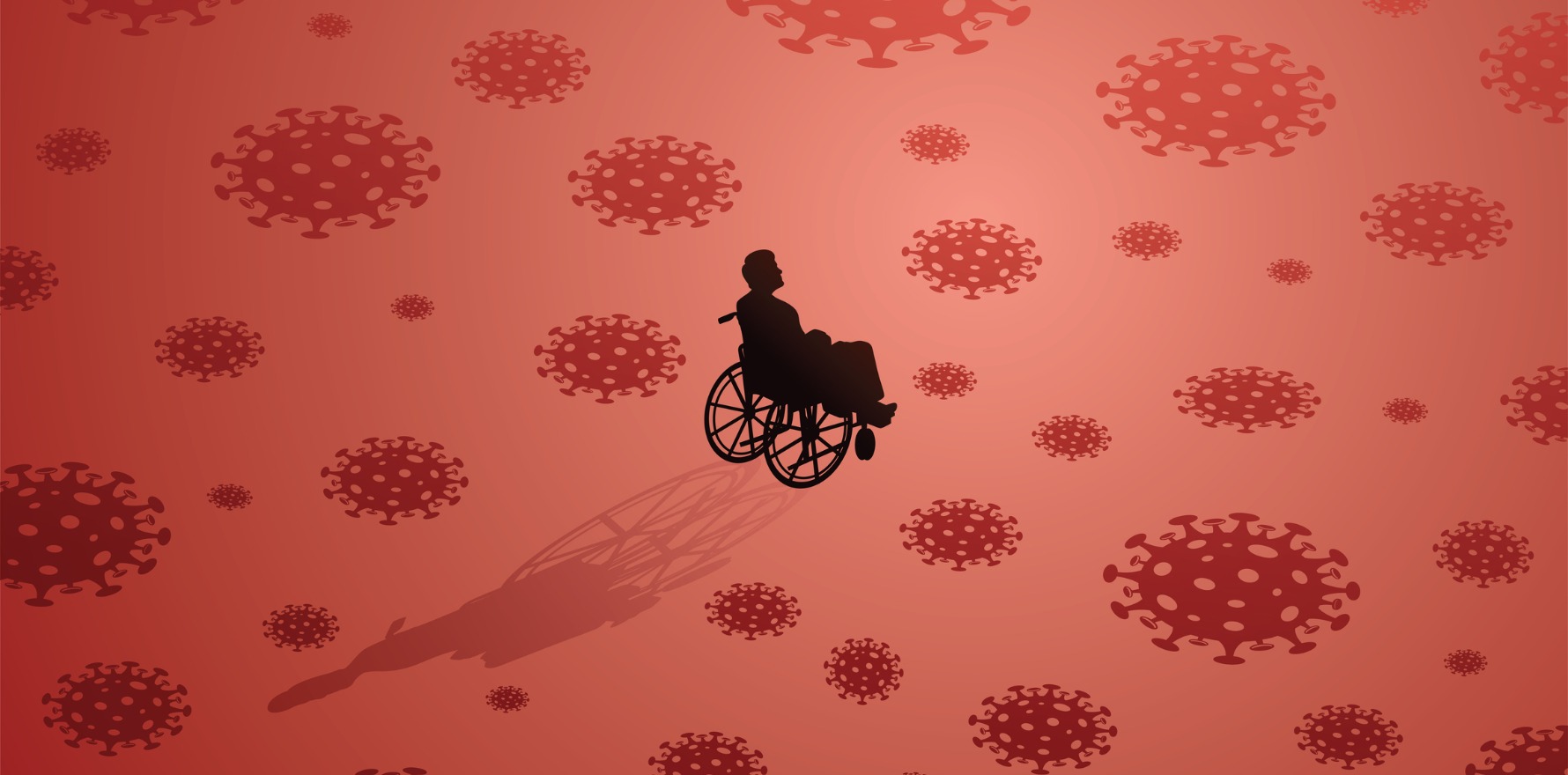Getting exercise guidelines for myalgic encephalomyelitis and chronic fatigue syndrome right will need a ‘dispassionate examination of trial evidence’, the RACGP says.
As the National Health and Medical Research Council puts together Australia’s first myalgic encephalomyelitis and chronic fatigue syndrome (ME/CFS) guidelines in 22 years, advocates and clinicians will be watching for one specific recommendation.
The project kicked off last year, following federal health minister Mark Butler’s allotment of $1.1 million to the council to develop clinical practice guidelines for the condition.
It came in the context of controversy within the patient and researcher community over the place of graded exercise therapy in treating ME/CFS.
The saga began with a 2015 Cochrane review which concluded that exercise therapy probably had a positive effect on fatigue in CFS patients.
This has long been disputed by patients, who argue that it is inappropriate to treat ME/CFS as a deconditioning disease.
“It’s a disease that, in most people, is as a result of some form of infection, whether it’s viral or bacterial,” said Anne Wilson, CEO of ME/CFS patient organisation Emerge Australia.
“And it is a disease [where] … the ability of your body to recharge itself and produce enough energy is impacted, and that cannot be fixed with someone being put on a regime of graded exercise therapy, which causes patients to crash.”
Ultimately, the UK altered its NICE guidelines in 2021 to specifically recommend that people with mild to moderate CFS not be offered graded exercise therapy – going directly against the 2015 Cochrane recommendation.
Cochrane was due to update its recommendation in 2019.
The update was unexpectedly cancelled in December 2024, after an independent advisory group had spent five years reviewing the guideline.
The only existing Australian guideline for ME/CFS came from the RACP and was published in 2002.
It recommended treating patients with graded exercise, cognitive behavioural therapy and antidepressants.
Ms Wilson told The Medical Republic that the hope among the patient community was that the NHMRC would co-design the new guidelines with patients and that “the evidence around the harm that’s caused by graded exercise therapy for people with ME/CFS is recognised”.
Related
Beyond exercise therapy, the other big issue that Ms Wilson identified was that the current Australian guidelines do not feature post-exertional malaise as part of the diagnostic criteria, whereas those from other countries do feature it.
“Without an [updated] guideline, it’s very difficult to get equity of performance by GPs across the board when it comes to the diagnosis of people with ME/CFS,” she said.
“Without a proper diagnosis of ME/CFS, our community is even further disadvantaged, because that is one of the cornerstones required for other supports like the NDIS, disability support, pension, etc.
“The whole process associated with diagnosing people with ME/CFS is pivotal to their ongoing journey and their support.”
In its response to the NHMRC’s scoping survey for the clinical practice guideline, the RACGP stressed that the questions over exercise therapy should be settled by evidence alone.
“The debate between those that support incrementally increasing physical activity and those that support staying well within an energy envelope requires a dispassionate examination of trial evidence, particularly the multiple long-Covid trials (388 registered trials) that are emerging and are likely to provide additional evidence in the near future,” the college said.
“Surveys by patient groups of their members have suggest that incremental physical activity may be harmful to some people with ME/CFS and advocate against such programs.
“It is possible that these experiences may be due to inappropriately planned or progressed exercise programs, possibly undertaken independently or under supervision from a person without appropriate experience, or subgroups within the spectrum of ME/CFS who are more vulnerable to more severe post-exertional malaise.”
The RACGP also noted that acknowledging patient concerns around exercise therapy would be a crucial part of formulating the guideline recommendations.





